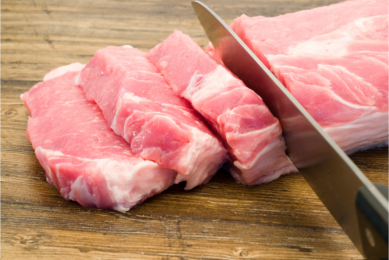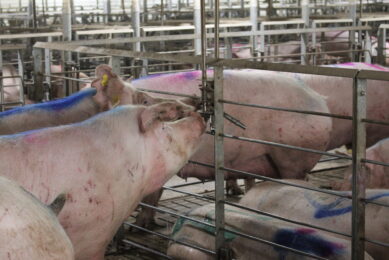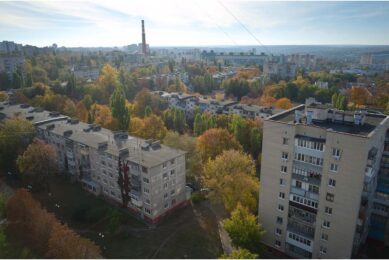Russia launches Meat Shuttle to facilitate pork export to Southeast Asia

The Russian government and logistics firm FESCO have launched a ‘Meat Shuttle’ – a railway service for the delivery of perishable products in refrigerated containers from Russia to China and countries of Southeast Asia. The new route will boost the export potential of the Russian pig industry in the Asian direction.
The service will utilise FESCO-operated intermodal and shipping routes via the ports of Vladivostok and St. Petersburg as well as via land border crossing points.
Changing containers not necessary because of Meat Shuttle
The Meat Shuttle will give Russian meat companies an opportunity to send their products to China and the countries of Southeast Asia as part of a single end-to-end transportation without changing the refrigerated container along the entire route, according to the Russian export centre, a government agency authorised to facilitate export.
Saving delivery time
The new transport route will also save delivery time due to the absence of overload at intermediate points. Meat Shuttle clients will be eligible for reimbursement of up to 25% of transportation costs under the Russian state support programme for the transportation of agricultural products, the Export Center unveiled.
“Customers of the service will receive a simple, seamless and fast way to deliver poultry, beef, and now pork to Southeast Asian countries and China. After all, the Chinese authorities have finally lifted the restrictions on the supply of this type of meat from Russia. This was in effect for over 15 years, Andrey Severilov, chairman of FESCO, said.
Improving competitiveness
“The first batch of Russian pork now goes to China thanks to FESCO and its subsidiary Dalreftrans,” Severilov said. “The launch of the Meat Shuttle opens up bright prospects for Russian meat exporters, providing them with a reliable and efficient service for delivering their products directly to the Chinese market,” Veronika Nikishina, general director of the Export Center, added.
She claimed that the move is expected to significantly lower the financial burden associated with logistics costs for Russian meat exporters. This makes their products more competitive in the international arena.
“I believe that given the opening of the Chinese pork market, the Meat Shuttle will be in great demand among Russian exporters of meat products and will allow them to occupy a serious niche in the target market.”
Fish Shuttle
Last year, the parties launched a Fish Shuttle—a similar service with similar features for the delivery of fish products from the Russian Far East and Arctic to China. However, in this case, the delivery routes will be different since the Russian meat capacities are concentrated in the European part of the country.
 Beheer
Beheer












 WP Admin
WP Admin  Bewerk bericht
Bewerk bericht